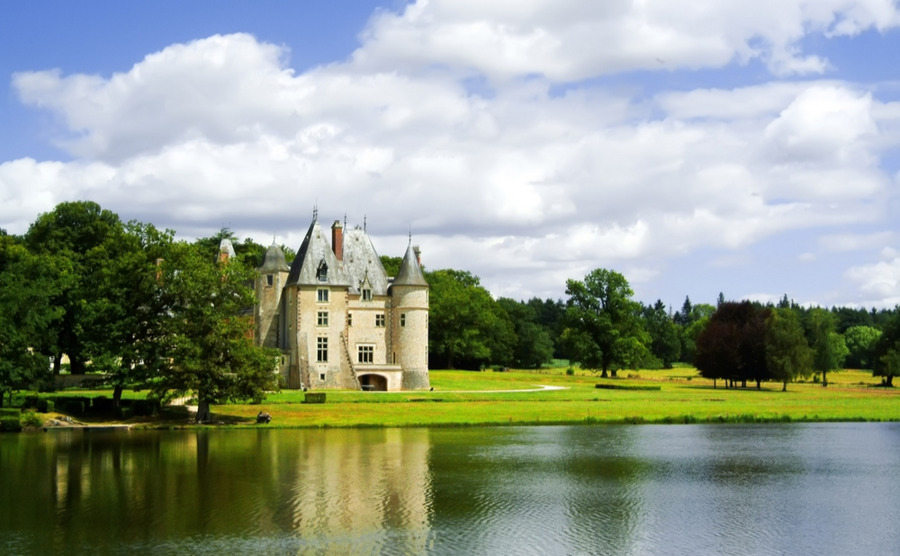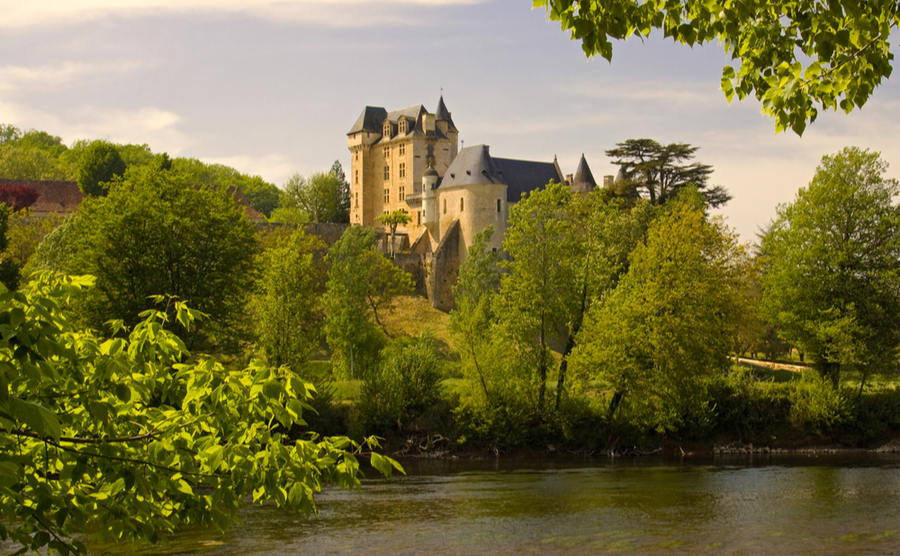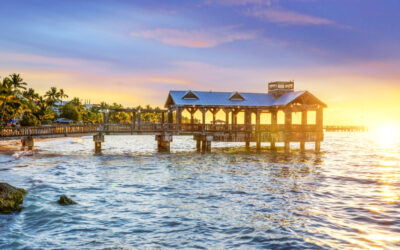The endless possibilities of your own French château
Overseas buyers, from the British and Americans to the Chinese or Emiratis, have long had a love affair with the French château. Whether it’s the romantic draw of owning your own castle in some of the most beautiful parts of the French countryside, or the opportunity to invest in what can be a unique business, these kinds of properties have a multifaceted appeal that continues to pull people back again and again. The Luxury Property Show explores what you should know if you’re considering buying a château in France.
The luxury property market: unimpacted by Brexit or economic worries
The luxury property market in France is largely unaffected by Brexit or economic worries. The latest barometer from SeLoger shows an annual price growth of 9%, enough to represent a strong appreciation but not so high as to set alarm bells ringing over an unsustainable growth trajectory. As the world becomes more and more globalised and high net worth individuals spread their assets across different countries, buyers are more and more aware that property ownership is rarely tied to citizenship or residency. In fact, the majority of château buyers in France are from overseas.

Owning your own château is a dream for many overseas property buyers.
Within France itself, châteaux are largely concentrated in three regions: Île-de-France, Provence-Alpes-Côte d’Azur and the Rhône-Alpes. In the Île-de-France, you will generally be looking at elegant homes outside of the hustle and bustle of the capital, but within easy driving reach, in communes like Versailles, Follainville or Rochefort. In the Rhône-Alpes and Provence, buyers are usually looking for older properties, more rural in style and in green and peaceful areas. The closer you come to the Côte d’Azur, the more stunning Belle Epoque homes you’ll find, built for the fashionable set at the turn of the last century. With beautiful sea views and easy access to the upscale nightlife of areas like Menton, these homes are perfect for anyone who wants to enjoy the best of some of France’s most beautiful seaside towns.
However, while the property market is busiest in these regions, there are still fantastic homes to be found elsewhere. At The Luxury Property Show, we’re particular fans of the gorgeous southwest – the Charente, Dordogne and Pyrenees – where you can find completely unspoilt villages with beautiful châteaux for much better value. Where in the southeast, you could expect an average price of €2.45 million, you could find a five-bedroom châteaux in the southwest for as little as €800,000. Our partner estate agents at The Luxury Property Show have previously had châteaux in beautiful condition and in the heart of extremely popular areas like Sarlat-la-Canéda for around €1.3 million.
Searching for your own château
It’s almost impossible to put a figure or timescale onto your search, as each of these kinds of historic properties are so unique that it could be a ‘coup de foudre’ on the first one you view, or it could take longer to find the right place. However, the expert knowledge of a local, bilingual estate agent will be crucial here. They will listen to your requirements, find out what you’re looking for and take the time to introduce you to the right areas, show you properties online or in person to help narrow down the search and, you will often find, show you homes that you may not have considered – but might end up falling in love with.
The good news for anyone buying in France is that the system is very strict and has been for many, many years, so it’s rare to encounter issues over land titles or planning permission compared to many countries. Your purchase itself will be overseen by a notary, who is much more prominent than in many Anglophone countries and who will draw up the contract and register the purchase.
It is unusual to have a survey in France, but, with a historic building, you may well wish to do so anyway. You will likely have some form of renovation work to do, even if not on the main house itself, but that is often part of the joy of these homes – you never quite know when you’re going to uncover an old blocked-up fireplace, or some original décor or detailing.
Taking on a renovation project
If, however, you are taking on a full renovation project, you will have a few further considerations. As above, France has strict planning laws, so ensure you or your solicitor speak to the local mayor’s office to find out about any covenants. For example, if you’re near a church, there will normally be restrictions. Likewise, age will play a part, down to using certain colours for any shutters, for example. Ultimately, however, these rules are in place to preserve the character of these unique buildings, and they can actually provide good guidance on the direction for any renovation.

There’s nothing quite like taking on an old, unloved château and breathing new life into it.
Costing the project can be difficult: leave a contingency fund for any surprises you uncover, from wiring to stonework or legal work. You may well need to have some bespoke fittings and frames, like window panes and frames, especially in older properties. Again, however, this can be of the great joys of redoing a French château, as you can make the most of skills and craftsmanship still present in your local area, just as the homes would have when they were first built.
Making the most of business opportunities
For some, buying a château is as much about the business opportunity as about owning a beautiful home. The running costs can be relatively high, but so is the possibility to generate income. The size of many of these properties and their accompanying grounds and outbuildings mean you have plenty of chances to diversify your income. From wedding to holiday rentals, either in the main property itself or any outbuildings, to hosting conferences, training events or even, as one British couple did, found a local opera show! The Opéra de Baugé was founded in 2002 in Château Les Capucins, after its owners took inspiration from Glyndebourne in Sussex ‘back home’. Further south, you may find your land put to use as vineyards or olive groves.
Opening a cross-border business will mean you will need to engage the expertise of tax specialists and lawyers to help manage the difference in rules and regulations between the two. In France, you can often register as a ‘micro-‘ or ‘auto-entrepreneur’, but it will depend on the scale of your business.
Finding your perfect château
Finding the right château will depend on the team of experts you have to hand to help you from the beginning through to completion and beyond. The Luxury Property Show, held in Olympia London on 2nd and 3rd October 2020, is Europe’s only show aimed at connecting high net worth individuals with specialists in buying and managing prime property around the world. You’ll find specialists in tax, law, interior design, removals and more all gathered under one roof. Register your interest today to be kept up to date with all the latest developments.



